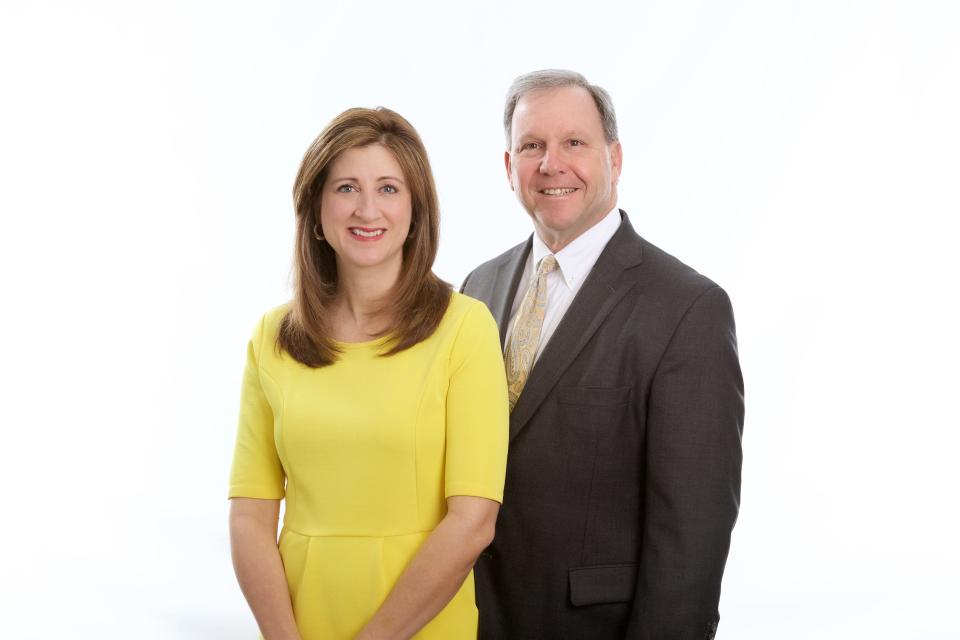Allworth Advice: Sound too good to be true? How to research an adviser
Question: T.K. from Liberty Township: I’ve been asked by a guy I know through mutual friends if I want to invest some money with him. The returns sound really great considering I’m losing money right now with my current strategy, but he says I need to invest soon. Can I check him out somehow?
A:It sounds like your internal alarm went off,which is a very good thing.
If anyone ever rushes you into making a decision about your money, they’re using a particular kind of persuasion tactic. This "urgency" approach makes you feel as if you’re going to miss out on a once-in-a-lifetime opportunity if you don’t invest right now. But don’t fall for it. Remember, this is your money, so you have every right to take as long as you need to decide what to do with it. A reputable investment professional won’t pressure you into making a hasty decision.
Besides, if the returns sound too good to be true, they probably are. And this is especially true right now because there’s really been nowhere to hide this year. Anyone promising fantastic returns likely isn’t being straight with you.
That being said, two of the easiest ways to research someone is at BrokerCheck.org if they’re registered with FINRA (the Financial Industry Regulatory Authority) or at adviserinfo.sec.gov if the adviser is an investment adviser registered with the Securities and Exchange Commission. These free databases allow you to search for individual financial advisers and brokers, as well as a firm. You’ll be able to see if the person or firm is legally registered to sell stocks, bonds, mutual funds, etc., to offer investment advice, or both. You’ll also get a snapshot of a broker’s employment history, regulatory actions (if any), and complaints. If someone is not registered with FINRA or the SEC, we would recommend not working with them.
Here’s the Allworth Advice: Be sure you do your due diligence before ever handing over your hard-earned money to anyone. And remember, you should never be in a hurry to make a good decision.

Q: Judy: I have some charities listed as my beneficiaries on my 401(k) and IRAs. Is this a good idea for when I pass away?
A: If you’re only naming one charity as your beneficiary, this approach is typically acceptable.
However, since you want to bequeath money to multiple charities, it would probably make more sense to set-up a trust. You don’t have to go this route but doing so will make it exponentially easier for your estate executor from an administrative standpoint. Any estate planning attorney can help you with this process.
No matter which strategy you choose, just be sure the charities you select are qualified 501(c)(3)s and they’re willing (and able) to accept your gift. We also recommend providing your adviser with the contact information at the charities so they can confirm the charities are willing to provide the adviser with information required for a donation of securities. Additionally, make sure your executor has clear contact information (mailing address, phone number, email address) for all.
Here’s the Allworth Advice: You have the right as an account owner to designate anyone – or any organization – the beneficiary of your money. If your goal is to give to multiple charities, taking the extra step to set-up a trust can make for a smoother process once you’re gone.
Every week, Allworth Financial’s Amy Wagner and Steve Sprovach answer your questions. If you, a friend or someone in your family has a money issue or problem, feel free to send those questions to yourmoney@enquirer.com.
Responses are for informational purposes only and individuals should consider whether any general recommendation in these responses is suitable for their particular circumstances based on investment objectives, financial situation and needs. To the extent that a reader has any questions regarding the applicability of any specific issue discussed above to his/her individual situation, he/she is encouraged to consult with the professional adviser of his/her choosing, including a tax adviser and/or attorney. Retirement planning services offered through Allworth Financial, an SEC Registered Investment Advisor. Securities offered through AW Securities, a Registered Broker/Dealer, member FINRA/SIPC. Visit allworthfinancial.com or call 513-469-7500.
This article originally appeared on Cincinnati Enquirer: Allworth Advice: Sound too good to be true? How to research an advisor
